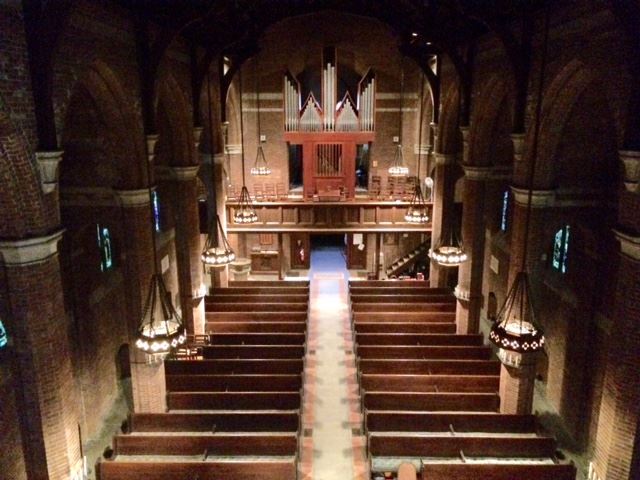News & Resources: Spiritual Spot
- Welcome
- News & Resources
- Spiritual Spot
Welcome!Come to me, all you who are weary and burdened, and I will give you rest. Matthew 11:28 You'll find here occasional writings, a few rants, and hopefully some insights too, about Christian discipleship, the Episcopal Church, and on faith community's life at the Parish of the Epiphany in Winchester, Massachusetts. At the Epiphany we understand ourselves to be "a welcoming Episcopal community, united in God, called to seek and serve Christ in all persons, and to transform the world with love and generosity."
|






